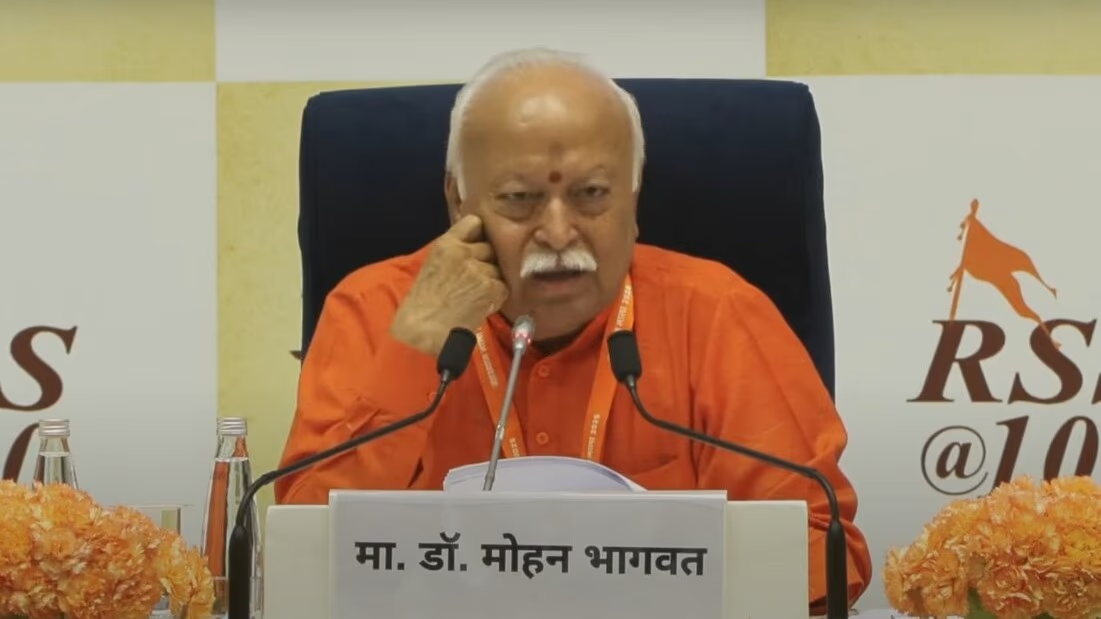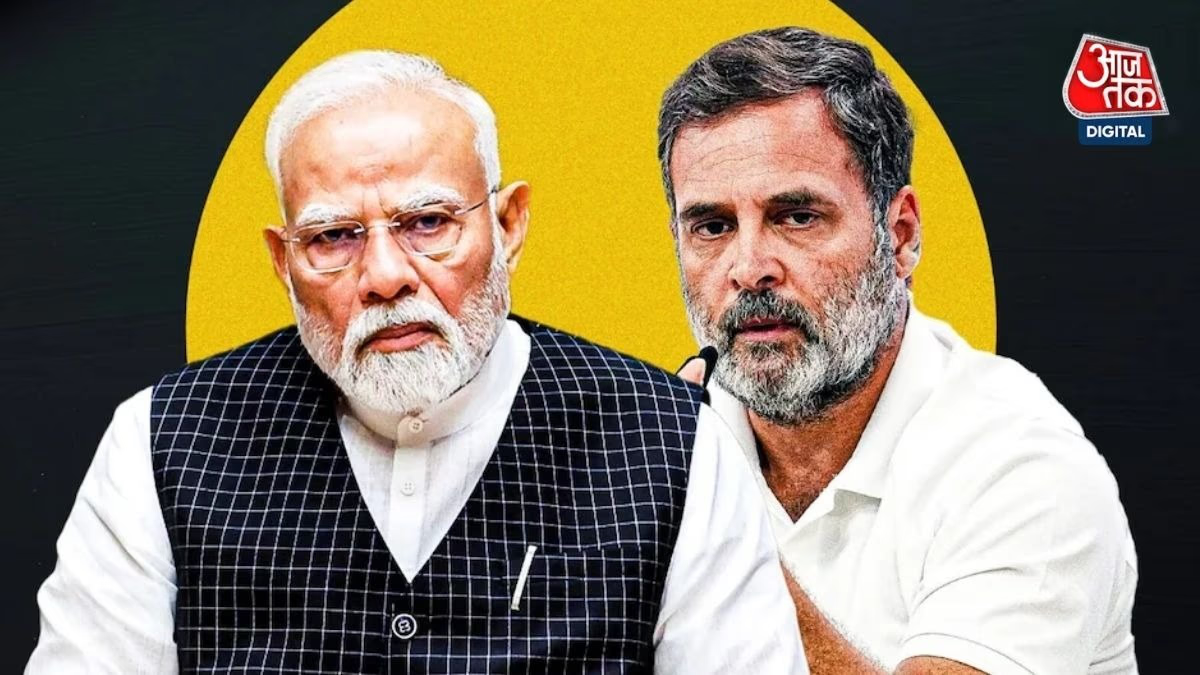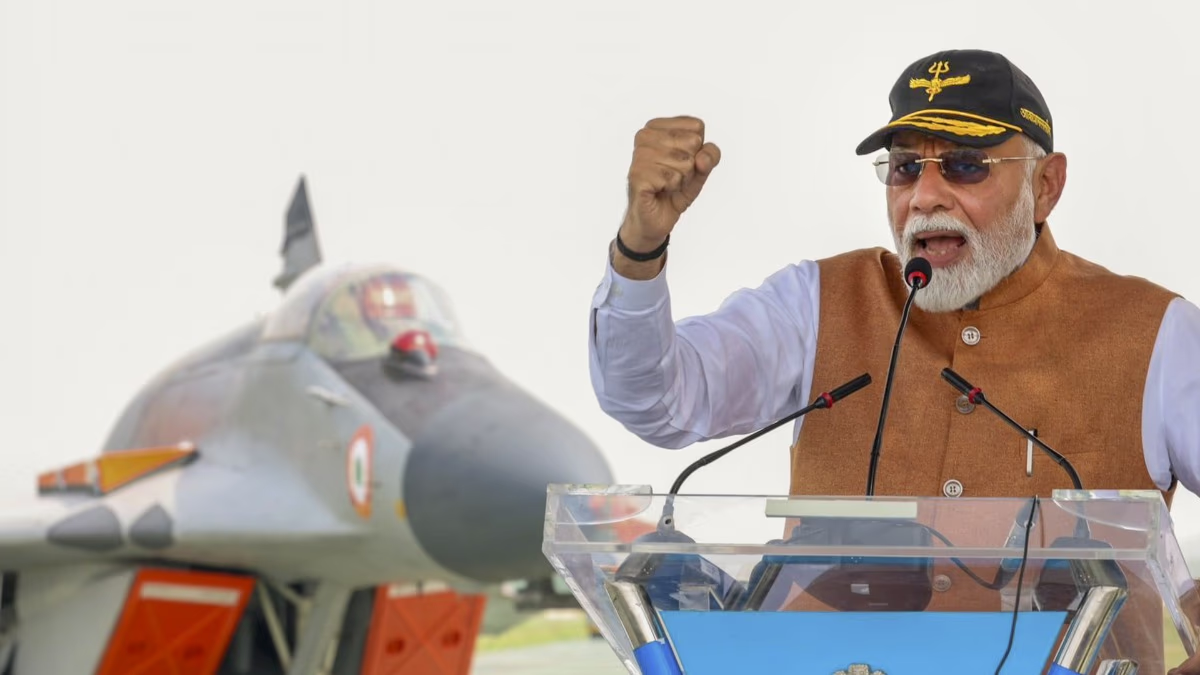The Chief of Rashtriya Swayamsevak Sangh, Mohan Bhagwat, spoke on the country's population, suggesting that a family should have three children to maintain a healthy population. He believes that with three children, the health of both parents and children remains balanced. From a national perspective, three children are sufficient, and there's no need to exceed this significantly.
Addressing a press conference marking 100 years of RSS, Bhagwat stated, "India's population policy advocates for 2.1 children, implying three children per family. Every citizen should aim for three children in their family." He further articulated, "Considering three children ensures the population remains adequate and under control."
Discussing India's population policy, the RSS leader outlined, "Our nation's policy was formulated around 1998 or 2002 and clearly referenced that no community's population should fall below 2.1. Since partial children are nonsensical, scientifically, each family should ideally have at least three children."
He recalled when asked by Guruji (M.S. Golwalkar) about the potential of partition, the RSS opposed it. Despite limited strength then, efforts were made against the division, including seeking a middle ground, though eventually, it became inevitable.
He elaborated that envisioning an 'unified India' is not merely political but an acknowledgment of reality. It's a fact of life reflecting India’s true essence.
Addressing the recent 'renaming politics' in the country, Bhagwat expressed that cities and streets shouldn't bear names of invaders. He clarified that his suggestions weren’t against Muslims' names but advocated using names like Brave Abdul Hamid and Abdul Kalam. Names of conquerors should not be celebrated.
Additionally, he urged sensitive contemplation on caste-based reservations. Quoting Deendayal Ji’s vision, he proposed a hands-up approach to elevate those below while assisting those at the top.
On education, Bhagwat highlighted, "The new education policy incorporates Pentadic Education, including art, sports, and yoga, which should evolve gradually." According to Bhagwat, artistic knowledge is essential for everyone. Music should be universally pleasing, even if not intellectually comprehensible to all.
However, he advised against making it compulsory, as compulsion often triggers opposition. Emphasizing Sanskrit, Bhagwat mentioned that mainstream education should integrate Gurukul systems for understanding India's authentic identity, Sanskrit knowledge is indispensable.




